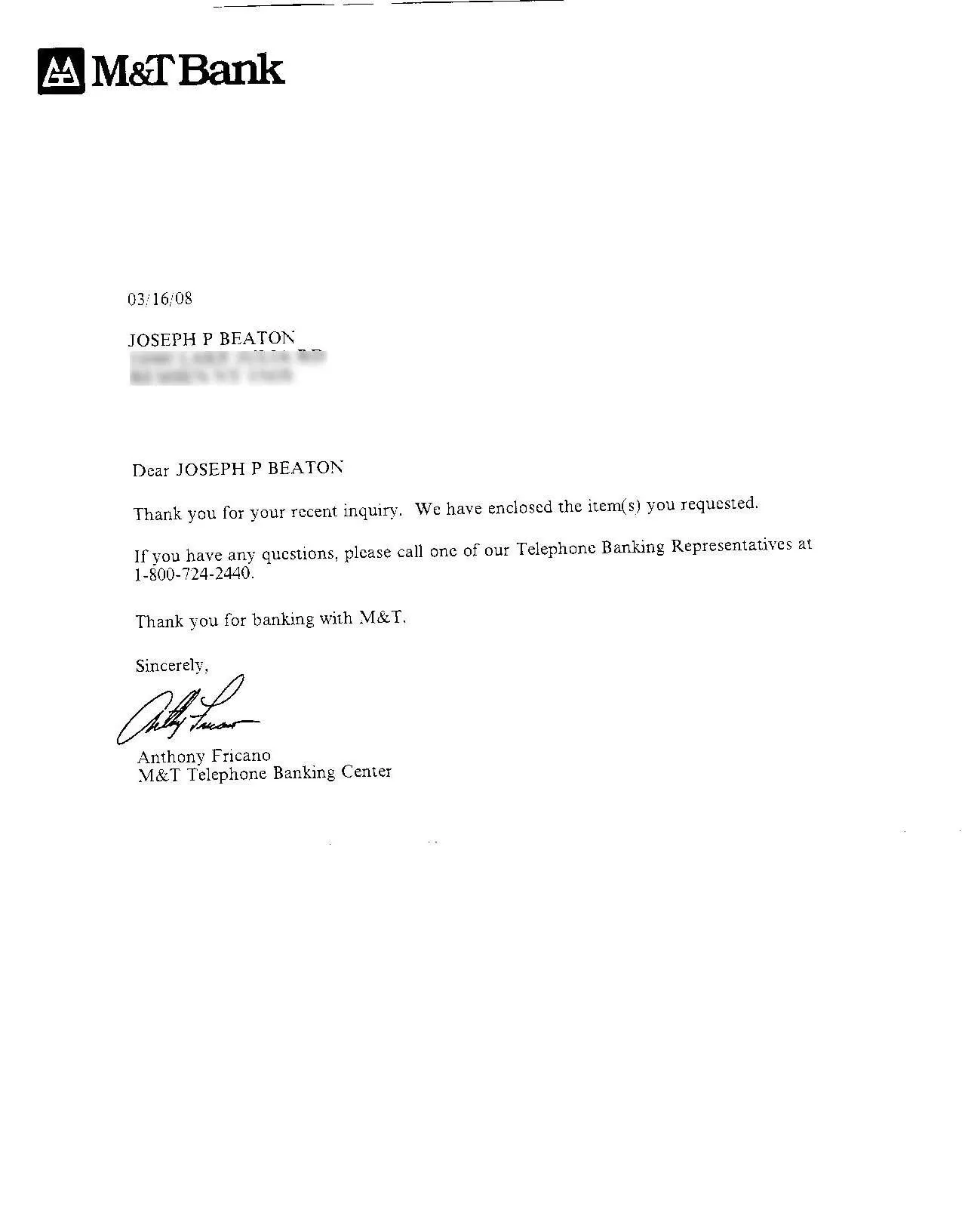Crafting a Winning Short Cover Letter
In the competitive job market, a well-crafted short cover letter can be your secret weapon. It’s a concise summary of your qualifications, designed to capture the hiring manager’s attention and prompt them to read your resume. This article provides ten essential tips to help you create a short cover letter that will make you stand out from the crowd and significantly increase your chances of landing an interview. Mastering the art of the short cover letter is crucial in today’s fast-paced professional world, where brevity and impact are highly valued. We will explore the core components and effective strategies needed to write a letter that wows the reader from the first sentence.
Understanding the Power of a Short Cover Letter
A short cover letter is more than just a formality; it’s your opportunity to make a strong first impression. It’s where you get to show your personality and enthusiasm for the job and the company. A well-written letter highlights your most relevant skills and experiences, making it easy for the hiring manager to see why you’re a good fit. By keeping it short, you demonstrate respect for their time, while also emphasizing your ability to be clear, concise, and direct. This is particularly important in a world where recruiters often skim through hundreds of applications. Therefore, your ability to capture their attention quickly is a key advantage in getting your foot in the door.
Why Brevity Matters
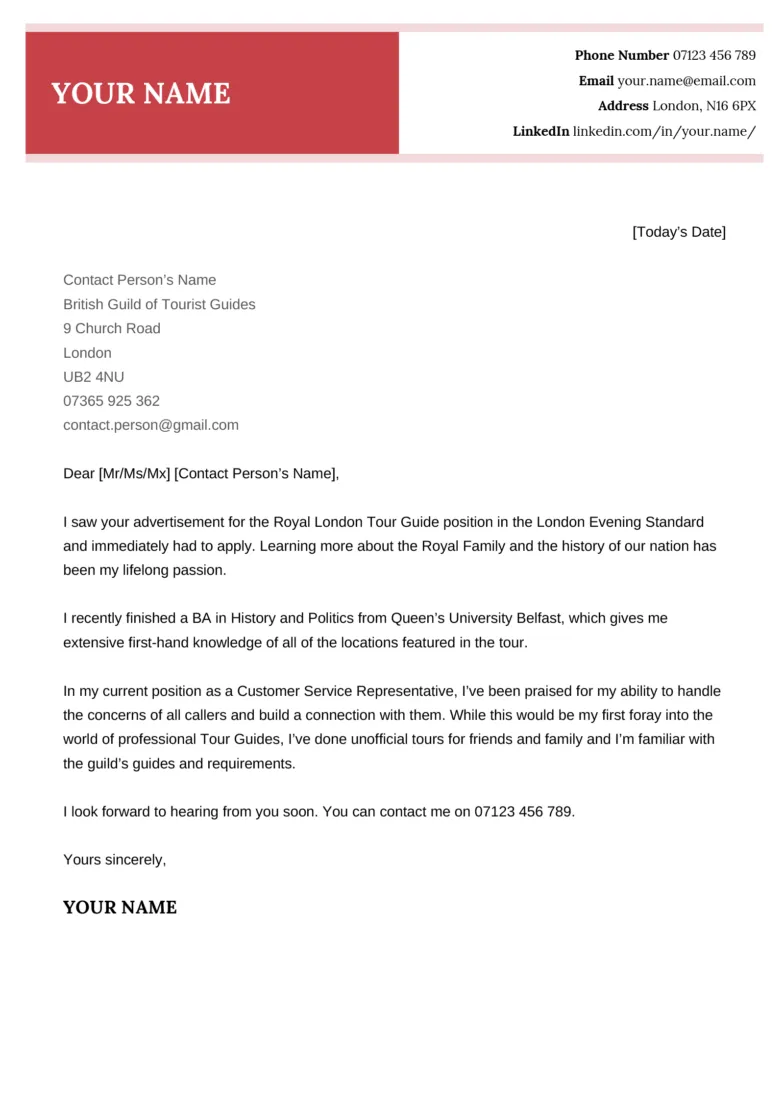
In today’s job market, hiring managers are often overwhelmed with applications, and they have limited time to review each one. Brevity is essential because it respects their time and demonstrates that you understand the importance of efficiency. A short cover letter forces you to focus on the most critical aspects of your qualifications. It ensures that your key selling points are highlighted and that the reader can quickly grasp why you are the right candidate for the role. This efficiency is highly valued by recruiters, as it allows them to quickly assess a large pool of applicants and identify those who are most promising.
Highlighting Key Skills and Experiences
The primary goal of a short cover letter is to highlight the skills and experiences that are most relevant to the job you are applying for. Tailor your letter to the specific requirements outlined in the job description, and emphasize the skills and experiences that align with those requirements. Make sure you provide concise examples of your accomplishments, using action verbs to describe what you have achieved in previous roles. Instead of listing everything, select the most impactful and directly related items. This focused approach ensures that you communicate your value proposition effectively and capture the hiring manager’s attention from the start. It also makes it easier for the reader to connect your background to the job requirements.
Essential Tips for a Short Cover Letter
Tailoring Your Letter to the Job
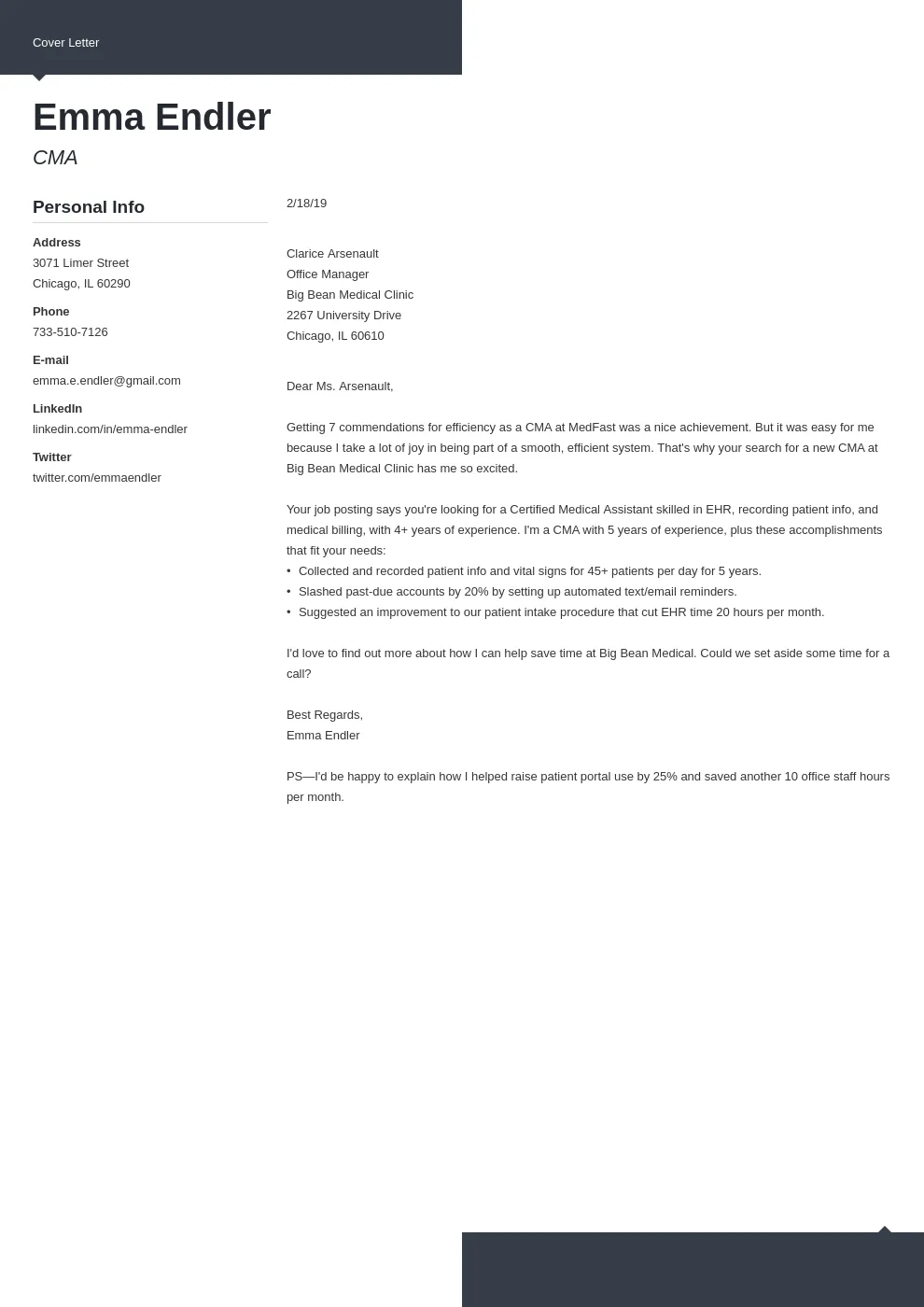
One of the most crucial tips for writing an effective short cover letter is to tailor it to each job you apply for. Generic cover letters are easily spotted by hiring managers, and they often end up in the rejection pile. Always carefully read the job description and identify the key skills, experiences, and qualifications the employer is seeking. Then, align your letter to those requirements by highlighting your relevant achievements and experiences using keywords from the job description. This demonstrates that you have taken the time to understand the role and are genuinely interested in the opportunity. It shows your ability to match your skills with the specific needs of the position.
Researching the Company
Before you start writing, take some time to research the company you are applying to. Visit their website, read their mission statement, and learn about their recent projects and achievements. This will help you tailor your cover letter to demonstrate your interest in the company and align your skills with their goals. Understanding the company’s culture and values allows you to showcase how well you fit in, and shows the hiring manager that you are not only qualified but also excited about the prospect of working there. This additional effort can make your cover letter more compelling and increase your chances of getting noticed.
Focusing on Achievements
Instead of simply listing your job duties, use your short cover letter to highlight your achievements. Quantify your accomplishments whenever possible, using numbers and data to demonstrate the impact you have made in previous roles. For example, mention how you increased sales by a certain percentage, improved customer satisfaction scores, or successfully managed a specific project. This approach is much more persuasive than just stating your responsibilities. It provides concrete evidence of your skills and abilities. By focusing on achievements, you give the hiring manager a clear understanding of the value you can bring to the company.
Showcasing Your Personality
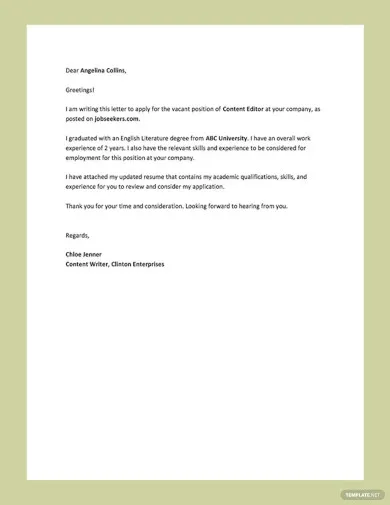
While keeping it professional, use your short cover letter to let your personality shine through. A good cover letter should reflect who you are, beyond your resume. This is your chance to connect with the hiring manager on a more personal level and make a lasting impression. Show your enthusiasm for the job, the company, and the opportunity. This can be done through your tone of voice, word choice, and by expressing your genuine interest in the role. Demonstrating your personality can help you stand out from other candidates and help the hiring manager get a sense of whether you’ll fit well within their team and company culture.
Using Strong Action Verbs
Action verbs are the heart of a dynamic cover letter. They bring your experiences to life and make your achievements more impactful. Start your sentences with strong action verbs such as “managed”, “led”, “created”, “developed”, “achieved”, “implemented”, or “improved”. Instead of saying “I was responsible for marketing,” say, “I spearheaded the marketing campaign, resulting in a 20% increase in leads.” These verbs add energy to your writing, grab the reader’s attention, and make your accomplishments more memorable. Using strong action verbs ensures your letter is clear, concise, and demonstrates your capabilities.
Maintaining a Professional Tone
Even with a touch of personality, always maintain a professional tone throughout your cover letter. Ensure your language is formal, respectful, and appropriate for the workplace. Avoid slang, jargon, or overly casual language. Your cover letter is a reflection of your communication skills and attention to detail, so it is important to present yourself in a way that demonstrates your professionalism. The tone of your letter should show that you are serious about the job and understand the importance of maintaining a professional demeanor in the workplace. This will make a positive impression and show that you take the job application process seriously.
Structuring Your Short Cover Letter
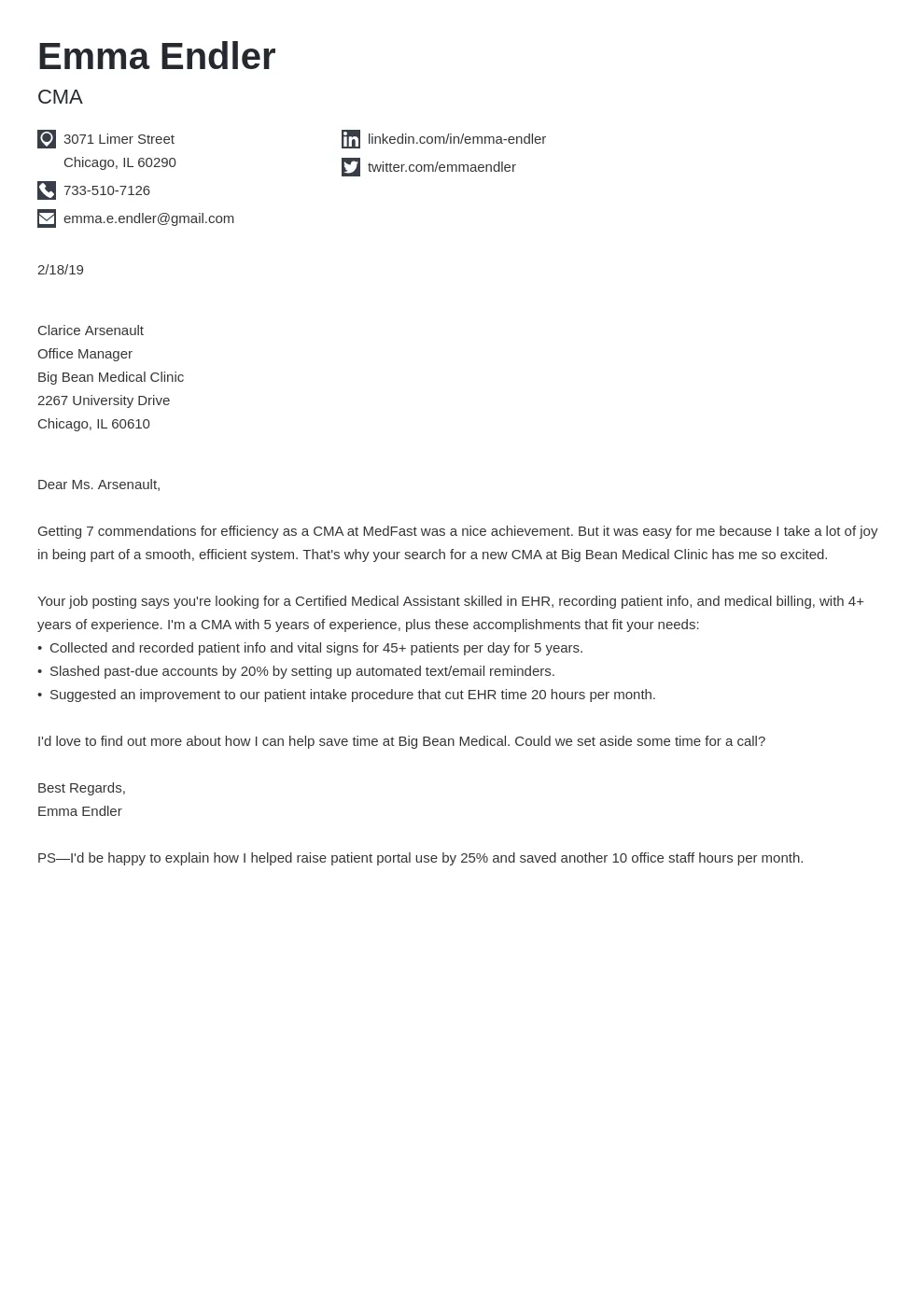
Opening Paragraph That Grabs Attention
Your opening paragraph is your first and often only chance to grab the hiring manager’s attention. Start with a strong hook—something that immediately captures their interest and encourages them to read on. State the position you are applying for and where you saw the job posting. Briefly mention a key skill or achievement that aligns with the job requirements to show them why you are a great candidate. You could also express your enthusiasm for the company. Make sure the introduction is concise, and the tone is enthusiastic, demonstrating your interest in the role. This first impression is vital for making the reader want to learn more about you and your qualifications.
The Body Paragraph Concise and Compelling
The body of your short cover letter should highlight your most relevant skills, experiences, and achievements. Keep each paragraph focused and to the point. Use one or two short paragraphs to explain why you are a good fit for the job. Focus on the skills and experiences that are most relevant to the job requirements. Quantify your achievements whenever possible. Use action verbs to make your accomplishments more engaging. This section is about demonstrating how your experience aligns with the job description, so keep the tone confident and professional.
Closing Paragraph Call to Action
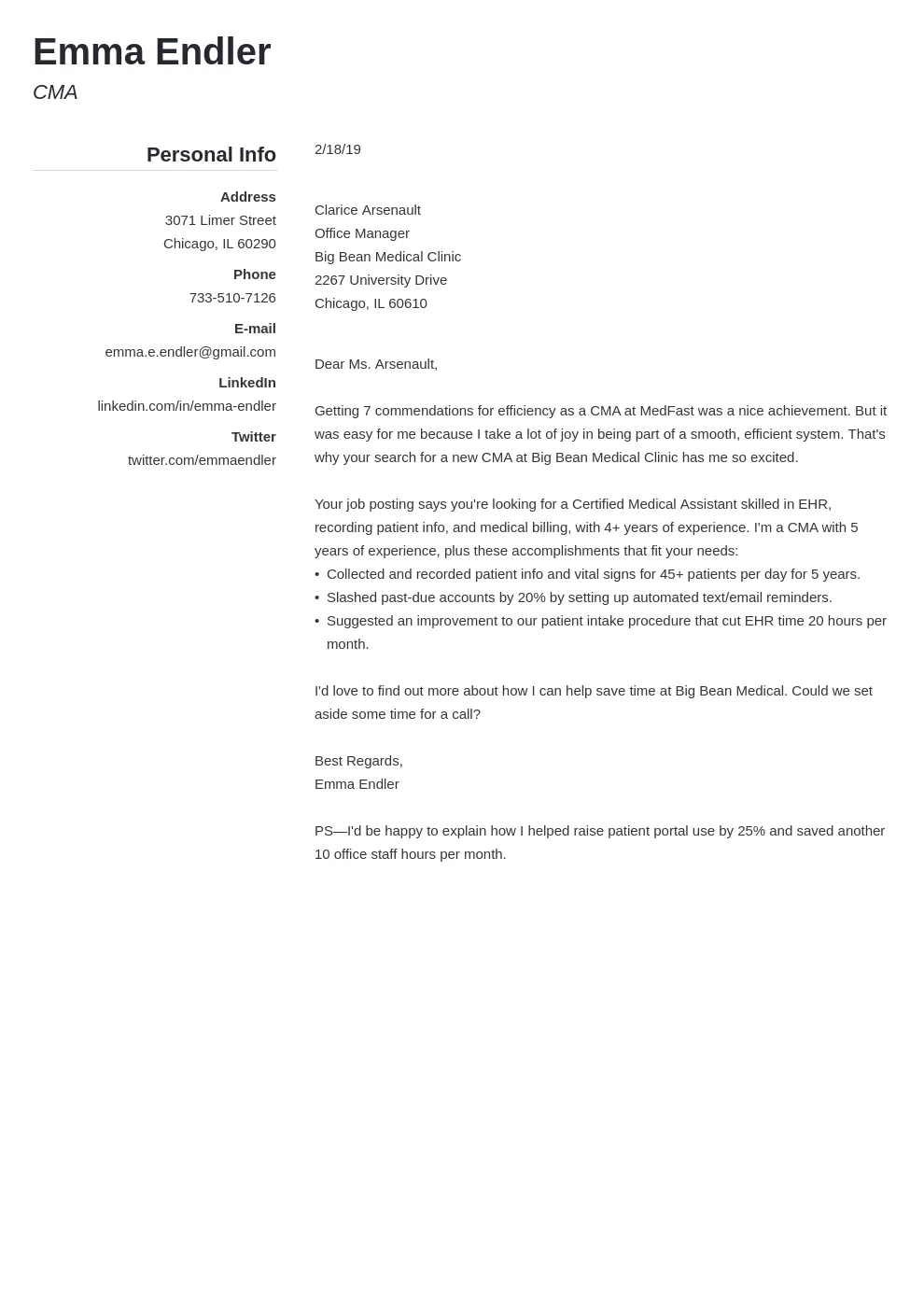
Your closing paragraph should leave a lasting impression and include a clear call to action. Thank the hiring manager for their time and consideration. Reiterate your interest in the position and the company. Express your eagerness to discuss your qualifications further. End the letter with a polite and professional closing, such as “Sincerely” or “Respectfully”. Make sure you also include your contact information, so they can easily reach you. This final paragraph ties everything together, shows your enthusiasm, and makes it easy for them to contact you for an interview.
Proofreading and Editing for Perfection
Proofreading and editing are crucial steps in ensuring your short cover letter is polished and professional. Errors in grammar, spelling, and punctuation can undermine your credibility and make you appear careless. Read your letter several times, looking for any mistakes. It can be helpful to read it aloud, as this often helps you catch errors you might miss when reading silently. Consider asking a friend, family member, or career counselor to review your letter. Their fresh perspective can identify mistakes you might have overlooked. A perfectly proofread and edited cover letter demonstrates attention to detail, a quality employers value.
Common Mistakes to Avoid
Typos and Grammatical Errors
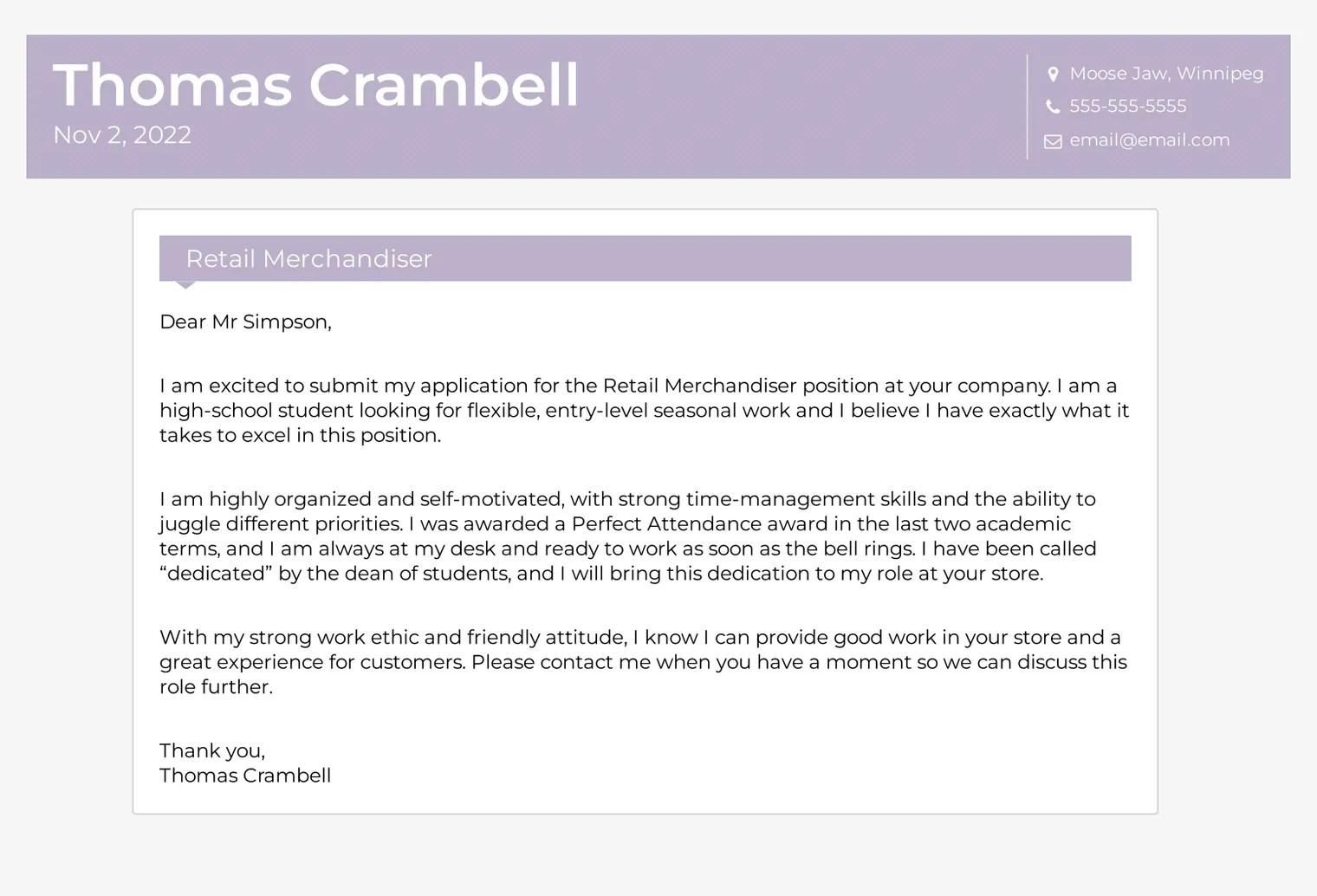
Typos and grammatical errors are the most common mistakes that job seekers make. These errors can undermine your credibility and make it seem like you are not detail-oriented. Always proofread your cover letter carefully to ensure there are no errors in grammar, spelling, or punctuation. Use a grammar and spell-check tool, but do not rely on it entirely. Tools may not catch all the errors. It is a good idea to read your letter aloud, as it helps you spot mistakes that you may miss when reading silently. Asking someone else to proofread your letter can provide an additional layer of accuracy.
Generic and Vague Language
Using generic and vague language makes your cover letter less impactful. Avoid phrases like “hard worker” or “team player” because these statements lack specificity. Instead, use concrete examples to show your skills and accomplishments. For example, instead of saying, “I am a good communicator,” write, “I successfully presented a project proposal to a team of 20 stakeholders and secured their approval.” Always tailor your cover letter to the specific job requirements, and use keywords from the job description. Be specific, provide details, and make every word count. This will help you avoid vague language and create a more compelling application.
Making Your Short Cover Letter Stand Out
Personalizing Your Letter
To make your cover letter stand out, personalize it for each job. Research the company and tailor your letter to demonstrate your understanding of their mission, values, and culture. Mention specific projects, products, or initiatives that resonate with you. Make sure you address the hiring manager by name. The more personalized your letter, the more likely it is to grab the reader’s attention and demonstrate that you are genuinely interested in the opportunity. This level of detail proves you have invested time and effort in your application, making you a more memorable candidate.
Adding a Touch of Creativity
While professionalism is essential, adding a touch of creativity can make your cover letter more memorable. This could be as simple as using a unique opening line, or incorporating a brief anecdote that highlights your skills and personality. Be careful not to overdo it or be too unconventional. The goal is to stand out from the crowd, not to distract from your qualifications. Make sure the creative elements are relevant to the job. A well-placed touch of creativity shows your ability to think outside the box and can help you leave a lasting impression on the hiring manager. Always keep your target audience in mind.
